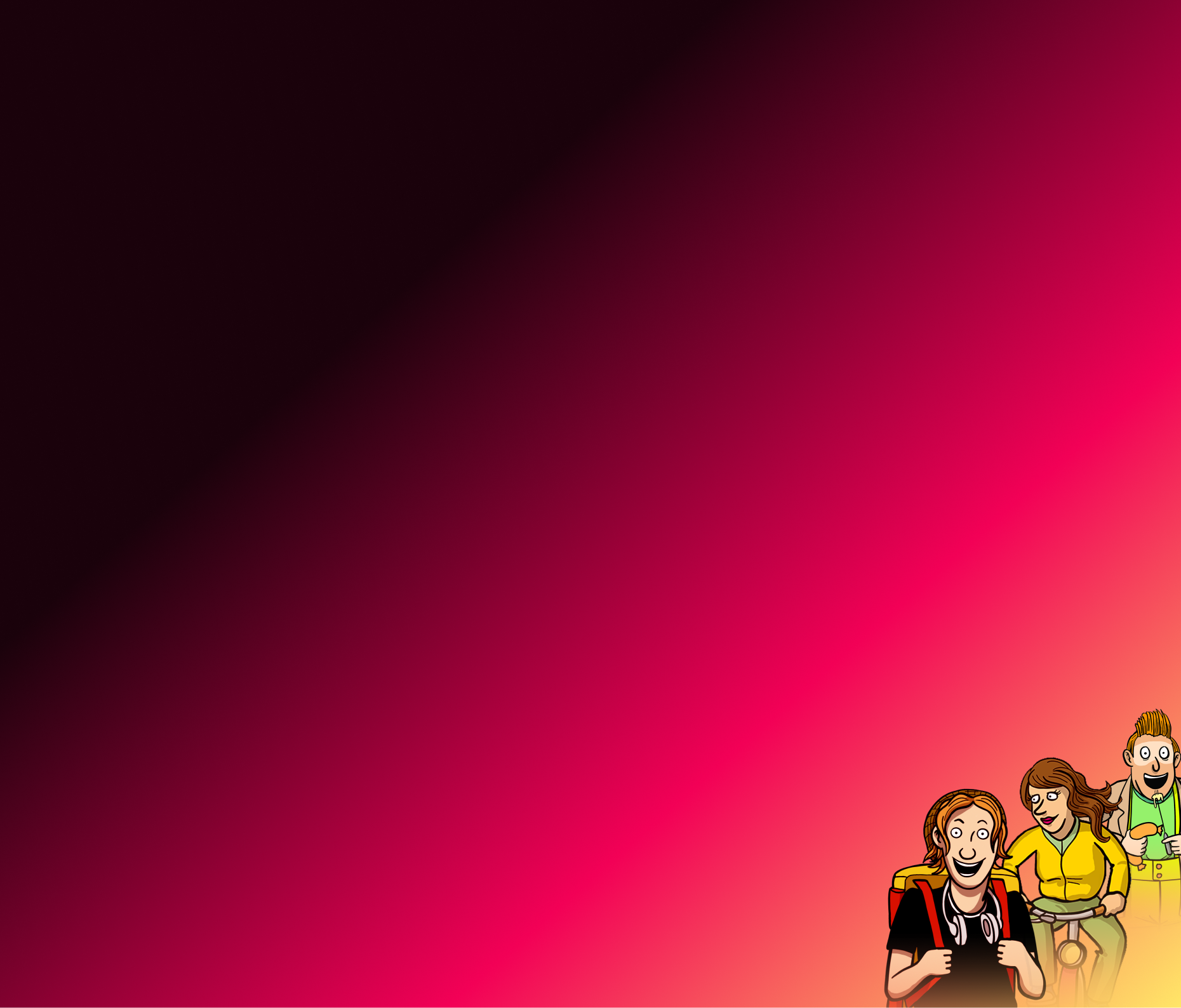The auxiliary verbs sein and haben in the perfect tense
In the perfect tense we use the auxiliary verbs sein (to be) and haben (to have).
Tim ist nach Hannover gefahren.
Tim has gone to Hannover.
Wir haben gestern ein Bier getrunken.
We drank a beer yesterday (literally "have drunk").
We use the auxiliary verb sein (to be) for:
- verbs that imply a change of location, such as fahren (to drive), gehen (to go), schwimmen (to swim), or ankommen (to arrive):
Magda ist gestern 3 Stunden geschwommen.
Magda swam for 3 hours yesterday (literally "has swum").
- Verbs that imply a change of state, such as einschlafen (to go to sleep), aufwachen (to wake up), or schmelzen (to melt):
Sigi ist bei der Arbeit eingeschlafen.
Sigi has fallen asleep at work.
- The verbs sein (to be), bleiben (to stay), werden (to become)
Er ist zu Hause geblieben.
He has stayed at home.
We use the auxiliary verb haben (to have) for all other verbs.
Wir haben letzte Woche 5 Kamele gesehen.
Last week we saw 5 camels (literally "have seen").
Ich habe gestern gearbeitet.
I worked yesterday (literally "have worked").
Habt ihr schon gegessen?
Have you eaten already?
Still facing difficulties with 'The auxiliary verbs sein and haben in the perfect tense'? Learn and enhance your German grammar through our online German course. Start with a free test and improve today!
What our users say:
Improve your German further and test Wunderbla, online German lessons.

